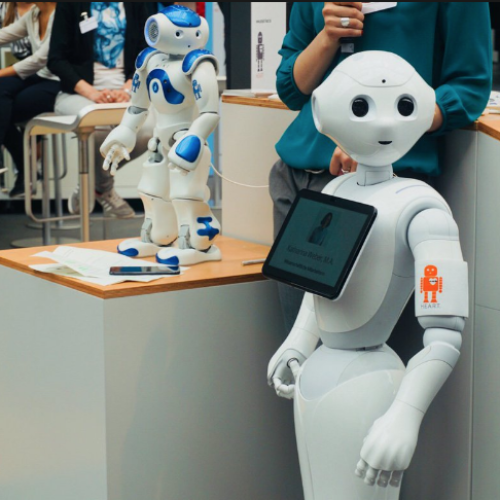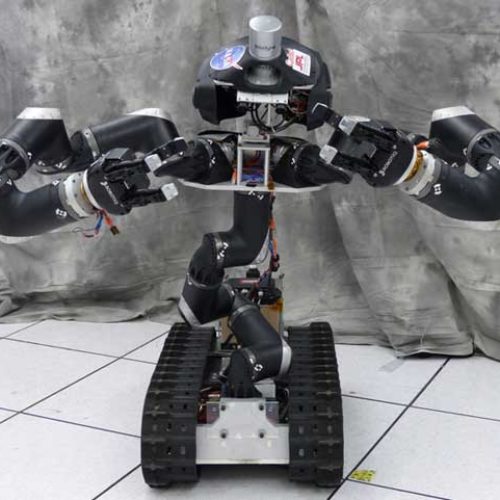Fighting For Robots Rights
20 years ago, the American Society For The Prevention of Cruelty To Robots (ASPCR) was formed. Most people fear what robots can do to the world, but this organization is looking at it from the opposite point of view and fighting for robots rights. Just a few weeks ago, the ASPCR was cited in a paper published in Trends of Cognitive Science as just one example of those that think machine need legal protection.
The organization’s website explains that, if robots do eventually become intelligent and feeling beings, then surely it would be as cruel to hurt them as it would to harm any being that has feelings. The website says “Failure to recognize and grant these rights to non-human artificial intelligence would be similar to early western cultures’ failure to recognize the humanity and attendant rights of non-European peoples.”
Perhaps expecting to be ridiculed, the site goes on to say that when the ASPCA (The American Society for Prevention of Cruelty to Animals) was founded in the 1890s, its mission was also made fun of, and many people said that animals had no rights.
Up until now the ASPCR has laid out what rights it think robots should have but has done nothing else about it. Its creator, Pete Remine said in 2015 “I just made a humorous website based on an idea that might someday actually become relevant. If it doesn’t, at least the murderous killbots will know I was on their side.”
Fighting For Robots Rights In Europe
ASPCR are not the only ones fighting for robots rights. Another example is the European Parliament, which has considered what rights and obligations should apply to robots. There have been many debates over this matter and reaching agreement could be a long way off. European lawmakers, legal experts, and manufacturers are locked in high-stakes arguments over their legal status and who ultimately bears responsibility for robots actions.
A European Parliament report in early 2017 did suggest that self-learning robots could be granted ‘electronic personalities’. This would mean they could be held accountable if they start damaging property or people, and be insured in their own right. This would be similar to the status corporations which have as ‘legal persons’ status so that they can be responsible for their own actions. They would not be virtual people or benefit from any other human rights.
It is not just in Europe these matters are causing debate. Parliaments in various different countries see it as a future problem that needs addressing now. The protocol for these robots of the future needs to be put in place soon rather than later.
They may not need legal protect at the present time, but many people are thinking that we should start to put the frameworks in place so that when truly intelligent robots arrive we are prepared.
You might also like
Meet King Louie The Inflatable Robot From NASA
For those of you who do not recall, King Louie was the rowdy orangutan in Jungle Book and this robot has been named after him. NASA believes that robots can
RoboSimian Beats Out Surrogate for JPL’s DRC Finals Spot
We were very impressed with the creative design and solid performance that JPL’s RoboSimian demonstrated last year at the DRC Trials. But although RoboSimian was able to swing from trees and topple human
Robot Reporter Causes Controversy
Recently the Russian news channel known as Rossiya 24 has introduced to its large audience a very interesting addition to its usual cast of anchors. This new reporter just so



